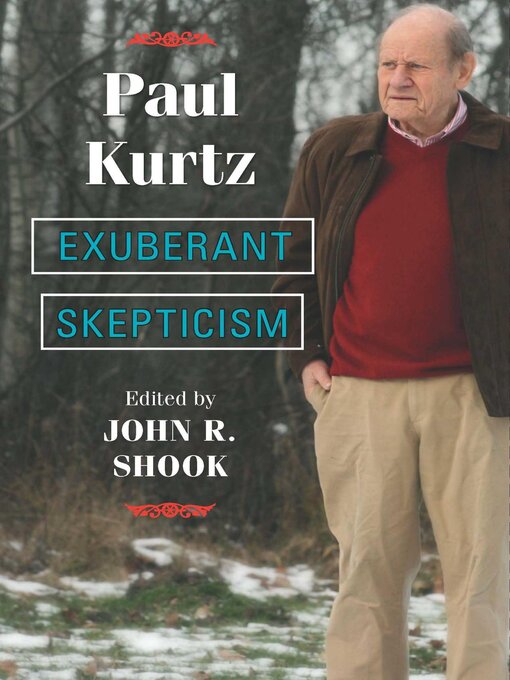- New eBooks
- Classic reads
- Historical fiction
- Thrillers
- Cook & enjoy it (and stay healthy)
- Crafts & hobbies
- Military life - armies, battles, wars ...
- Most popular
- Try something different
- For kids - new ebooks
- For teens & young adults - new ebooks
- See all
- New audiobooks
- Classic reads
- Historical fiction
- Thrillers
- Learn a new language
- Military life - armies, battles, wars ...
- Most popular
- Try something different
- For kids - new audiobooks
- For teens & young adults - new audiobooks
- See all

